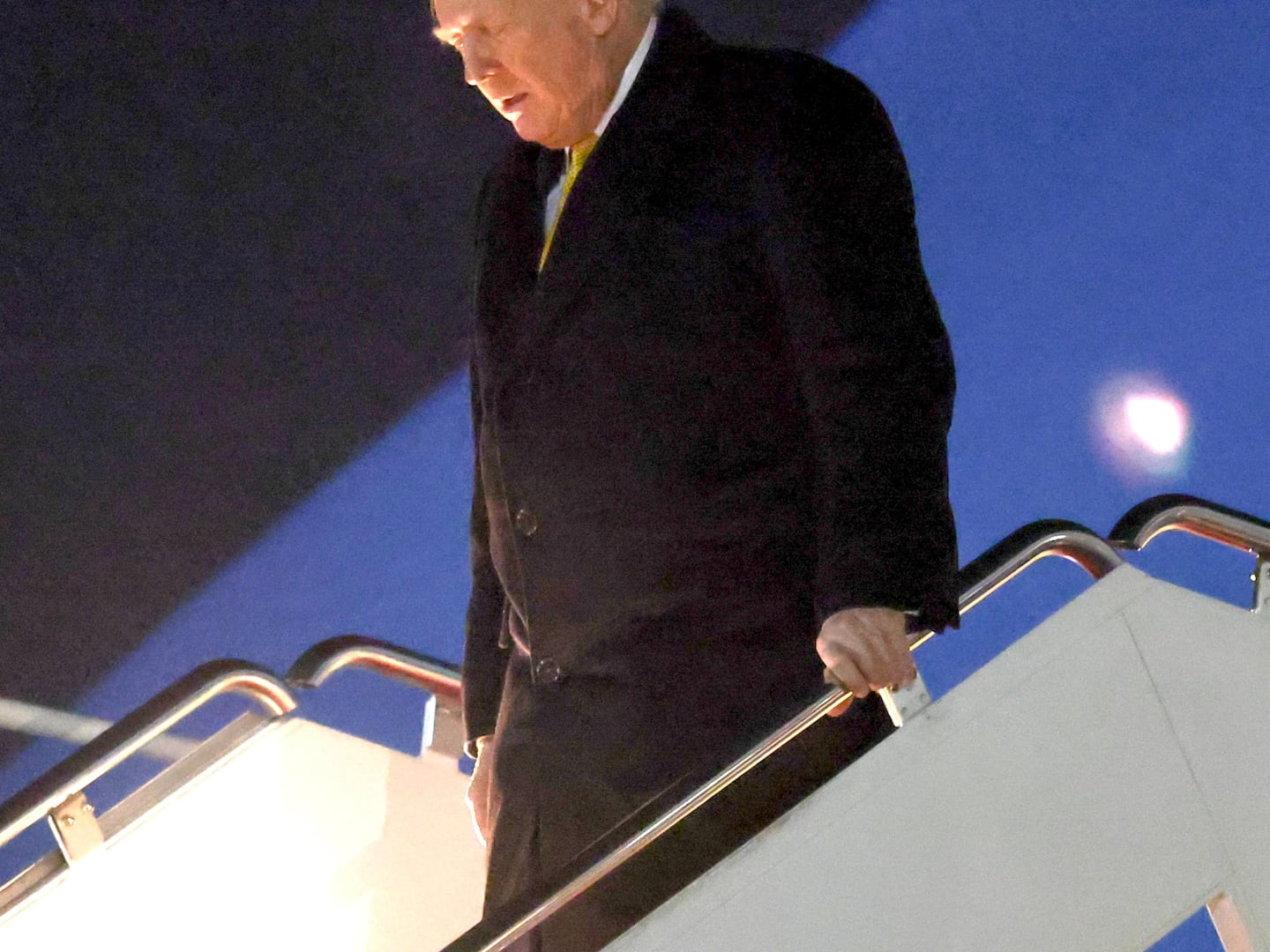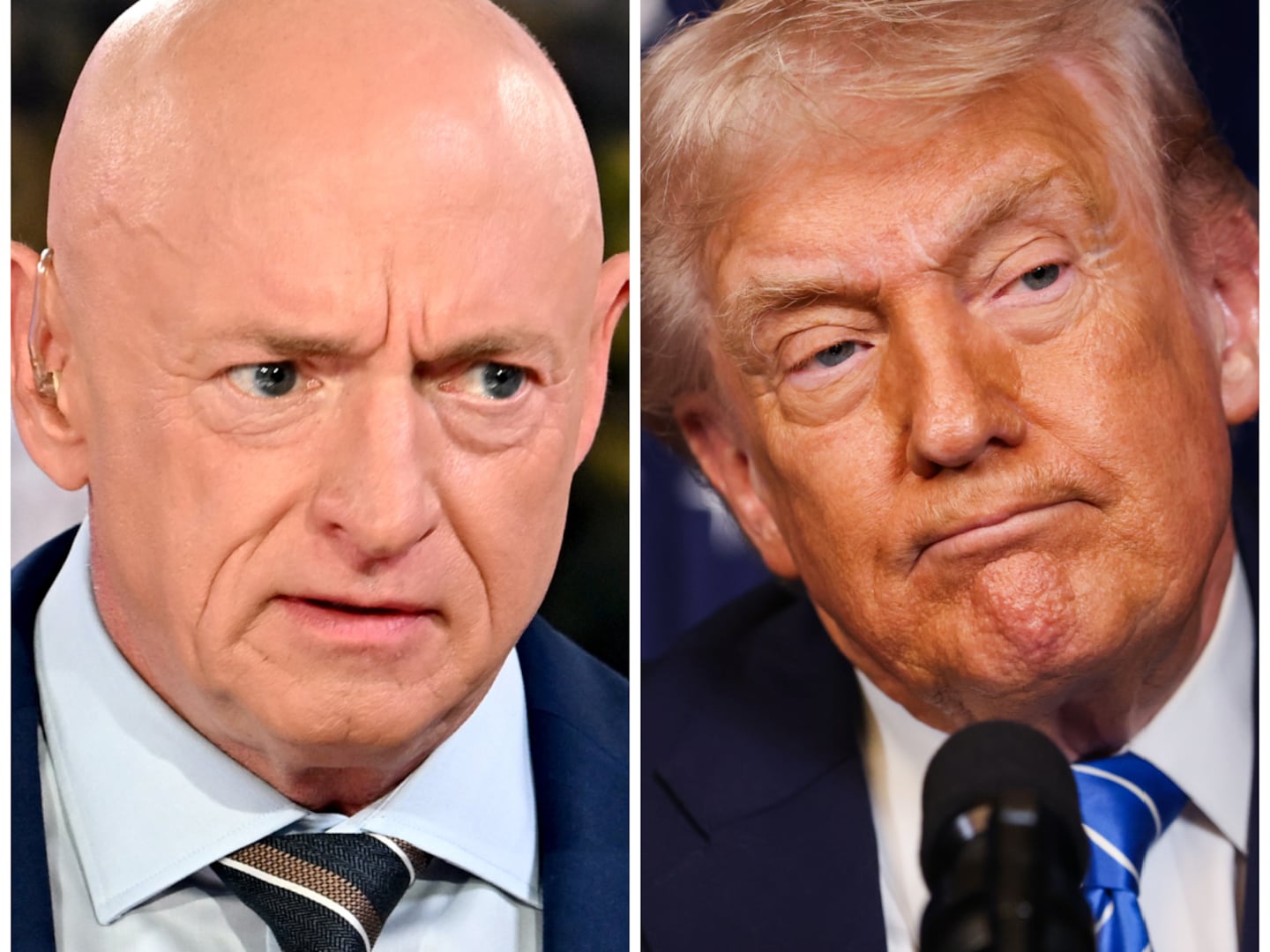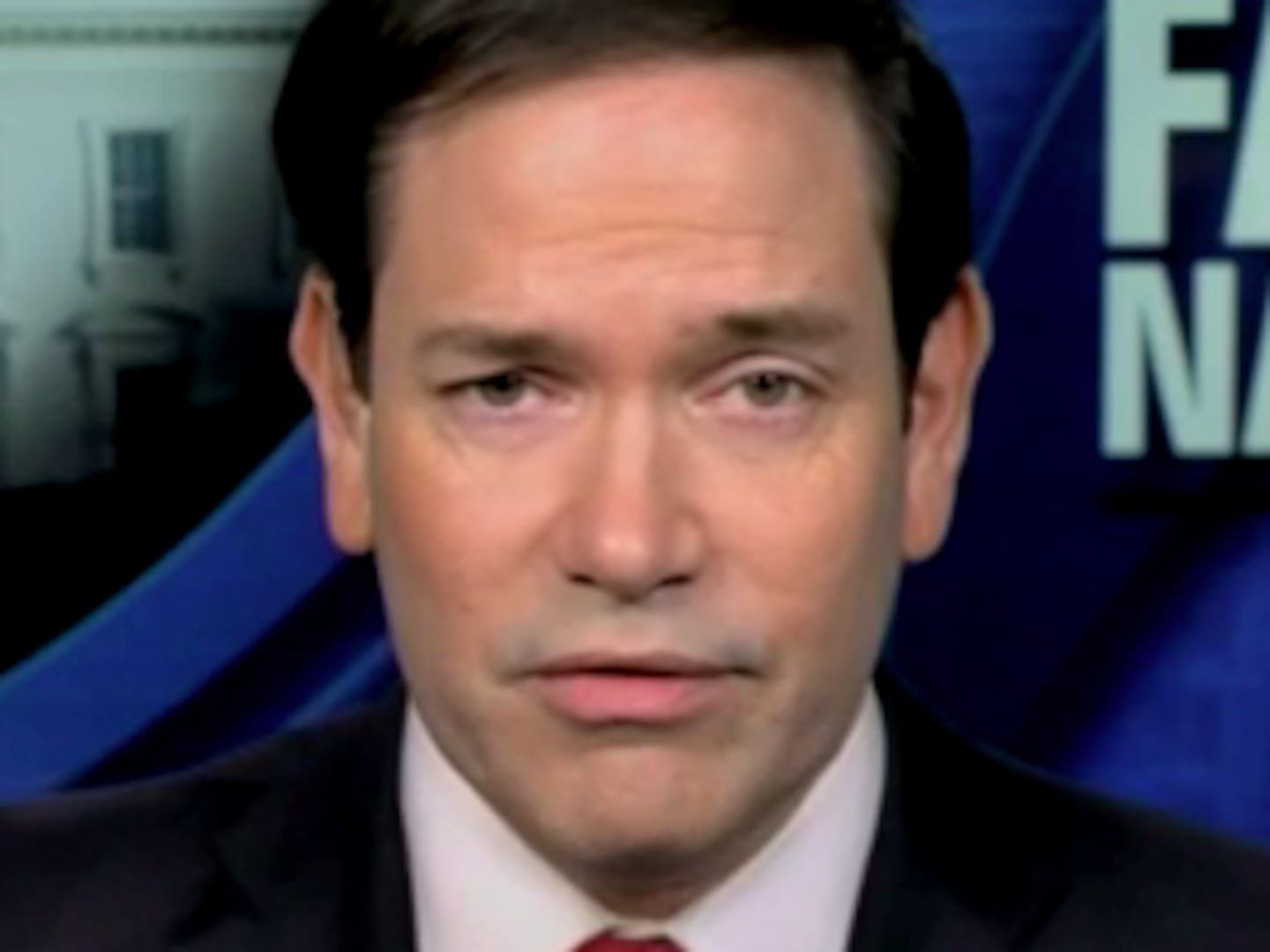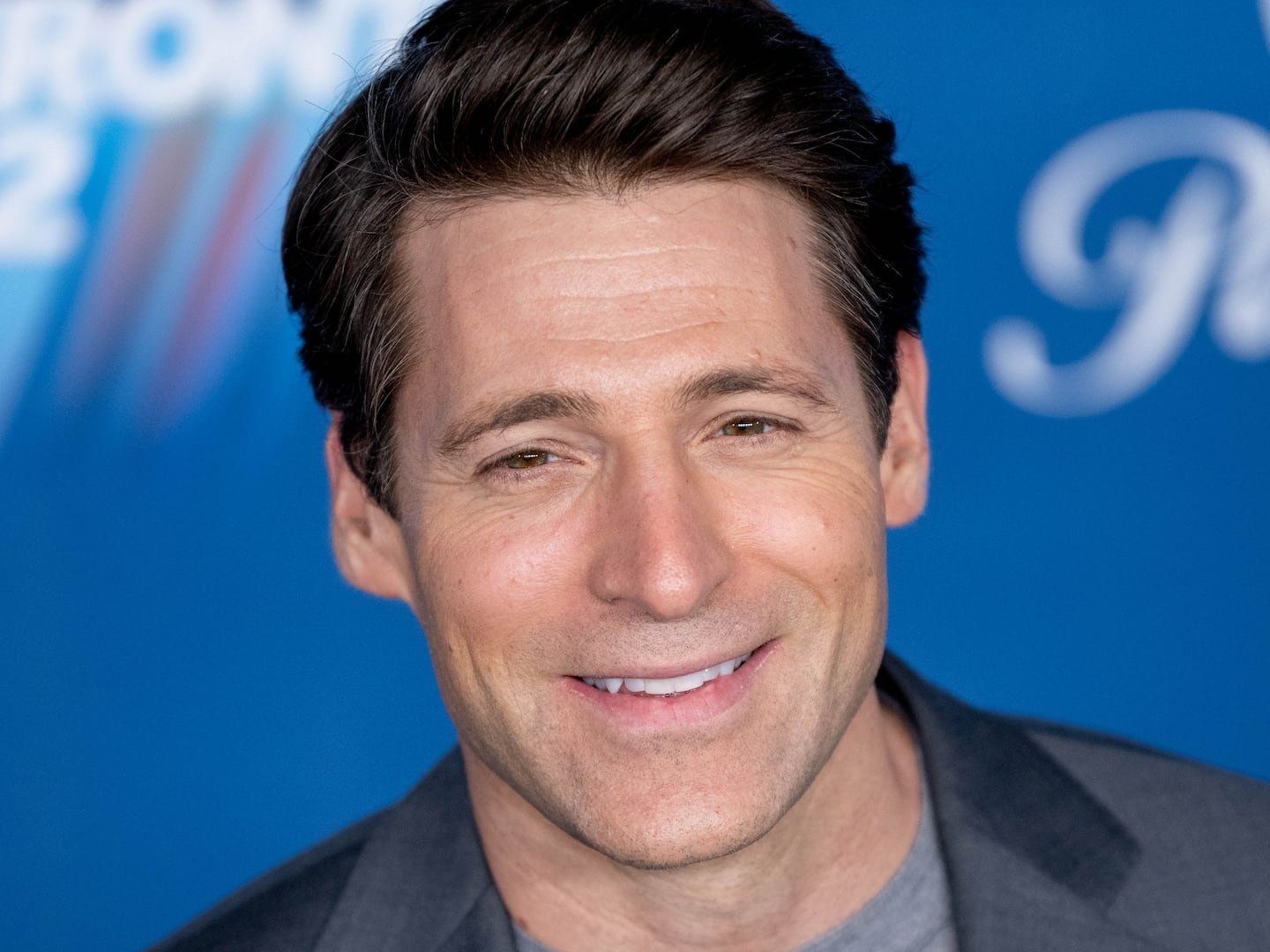The Senate Intelligence Committee’s probe into Russian interference in the 2016 election wants to talk to a potential blockbuster witness: Julian Assange.
Assange, the driving force behind WikiLeaks, remains in Ecuador’s embassy in London, where he has lived since seeking asylum in June 2012 following a now-dropped rape investigation in Sweden. His presence in the embassy means that the Senate’s requested interview is packed with geopolitical and legal complications—like much about WikiLeaks circa 2018.
WikiLeaks tweeted Wednesday morning that the Senate panel, in an August 1 letter, sought an interview. The Senate Intelligence Committee declined comment.
The self-styled radical transparency group, which U.S. intelligence believes is a catspaw of Russian intelligence, quoted its legal team to say it is “considering the offer but testimony must conform to a high ethical standard,” presumably meaning on the part of the Senate staff who would conduct the interview.
WikiLeaks is a central player in Russia’s 2016-era active-measures campaign and surreptitiously interacted with Donald Trump’s successful presidential bid.
In the summer and fall of 2016, WikiLeaks published thousands of emails and documents from the Democratic National Committee’s servers and from Hillary Clinton senior aide John Podesta, which were pilfered by Russian intelligence. An online personae calling itself Guccifer2.0—and posing as a “lone hacker”—said publicly that it provided the material to WikiLeaks, which released it during politically critical moments.
But according to Daily Beast reporting and special prosecutor Robert Mueller, Guccifer2.0 was a fictitious entity created by the GRU, Russian military intelligence. In an indictment last month, Mueller alleged “Organization 1,” whose behavior matches that of WikiLeaks, solicited the Democratic National Committee’s internal emails from Guccifer 2.0 around June 22, 2016, a month before WikiLeaks ultimately published. “[S]end any new material [stolen from the DNC] here for us to review and it will have a much higher impact than what you are doing,” the organization asked Guccifer2.0, according to Mueller. About two weeks later, “Organization 1” specifically asked Guccifer2.0 for “anything hillary related” before the imminent Democratic National Convention.
According to a lengthy New Yorker profile, WikiLeaks internally understood the damage that contemporaneous suspicion that Guccifer2.0 was Russian intelligence could pose to its reputation, and debated responses. Assange publicly suggested that Guccifer2.0 was not his source at all. “He argued that any attempt to associate WikiLeaks with Guccifer 2.0 was pernicious spin,” as the New Yorker put it, and intimated that his source might have been a DNC staffer named Seth Rich who had recently been shot and killed in Washington.
While WikiLeaks stated it would not discuss its sources, it also offered cash for “information” on Rich’s death, suggesting that his slaying was related to the DNC hack and propelling a conspiracy theory—although WikiLeaks, according to Mueller, had been directly in touch with Guccifer2.0 pre-publication. Rich’s parents attempted suing Fox News for promoting the theory, but a federal judge recently dismissed their suit.
That was not the sum total of WikiLeaks’ involvement in the 2016 election. Assange confirmed to The Daily Beast that the head of the Trump-connected data firm Cambridge Analytica inquired about acquiring a trove of 33,000 emails from Hillary Clinton, which have never publicly materialized. The longtime Trump consigliere Roger Stone claimed to have been in touch with WikiLeaks, and investigations into how the channel operated—and what may have resulted from it—have driven a wedge between Stone and erstwhile ally Randy Credico, whom Stone reportedly claimed was his backchannel to Assange. (Stone was also in touch with Guccifer2.0.)
More directly, Assange direct-messaged Donald Trump Jr., to directly solicit information from the Trump campaign. According to The Atlantic, in October 2016, Assange asked if the younger Trump would get his father to publicly reference a specific searchable WikiLeaks publication; Trump Jr. tweeted the link. Assange tried to get Trump Jr. to leak his father’s undisclosed tax returns for WikiLeaks to publish, as “it will dramatically improve the perception of our impartiality.” WikiLeaks further encouraged Trump, through his son, not to concede the election if he lost. Once Trump triumphed, WikiLeaks even asked if Trump could encourage Australia to appoint Assange, an Australian national, as its ambassador to the United States.
Those moves, taken together, have shaken former supporters’ trust in WikiLeaks. Direct solicitations of information from a political campaign, let alone attempts to cooperate with a campaign to rehabilitate its reputation, are far afield for a transparency organization that had previously published material from whistleblowers like Chelsea Manning. The NSA whistleblower Edward Snowden “has for some time considered [WikiLeaks] to have strayed far from its laudatory transparency and accountability missions,” The Daily Beast reported in October, citing sources familiar with Snowden’s thinking. “WikiLeaks is over,” the journalist, activist and former ally Barrett Brown, tweeted in late July.
It is unknown if and how the Senate will be able to interview Assange. While Assange’s supporters are expecting Ecuador to evict him from its embassy, that hasn’t happened yet, and Assange continues to fear extradition to the United States, even after Trump publicly declared that he “love[s] WikiLeaks.” (His secretary of state, not so much.) WikiLeaks’ tweet suggested that Assange is concerned that the Senate request might hasten the U.K., after an Ecuadorean eviction, to provide him to Washington. Despite an Obama-era grand jury looking into WikiLeaks after the Manning leak, the organization has never been accused of a crime in the United States.






